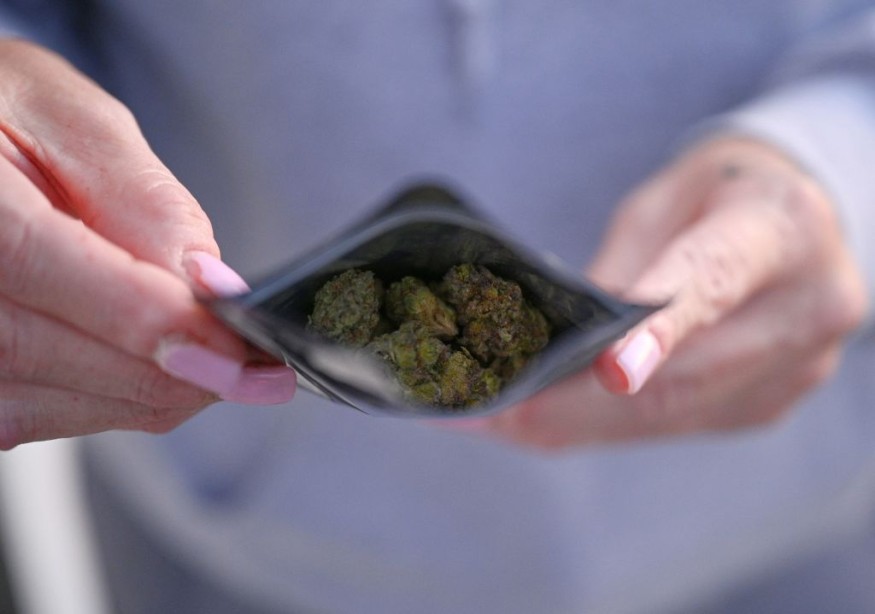
The US Health officials are recommending that the federal government relax marijuana regulations.
Following a review of marijuana's classification under the Controlled Substances Act, the Department of Health and Human Services asked the Drug Enforcement Agency to consider loosening prohibitions.
Nearly 40 states in the United States have legalized marijuana in some form, but it is still illegal in some states and at the federal level.
Marijuana reclassification as less dangerous than drugs like heroin would be a first step toward wider legalization.
"As part of this process, HHS conducted a scientific and medical evaluation for consideration by DEA. DEA has the final authority to schedule or reschedule a drug under the Controlled Substances Act. DEA will now initiate its review," a DEA spokesperson said in an interview.
The review process is lengthy and involves taking public comment.
HHS recommendation
Marijuana, like heroin and LSD, is classed as a schedule I drug under the Controlled Substances Act, which means it has a high potential for abuse and no accepted medical value.
HHS recommends reclassifying marijuana as having a moderate to low risk for dependence and a lower potential for abuse, putting it in the as a Schedule III drug.
White House press secretary Karine Jean-Pierre said US President Joe Biden favors the legalization of medical marijuana for use "where appropriate, consistent with medical and scientific evidence" and stressed the need for thorough independent review.
"The administration process is an independent process - led by HHS, led by the Department of Justice, and guided by evidence. So - so, I'm not going to comment on that. We're going to let that process move forward," she added.
What is schedule III drug?
Schedule III drugs, such as ketamine, anabolic steroids, and several acetaminophen-codeine combos, are still controlled substances.
They are subject to a variety of restrictions that allow for some medical use as well as federal criminal punishment of anyone who trafficked in the substances without license.
Some legalization supporters argue that rescheduling marijuana is too gradual. They want to retain the focus on entirely removing it from the controlled substances list, which does not include products like alcohol or tobacco.
National Organization for the Reform of Marijuana Laws Deputy Director Paul Armentano said that simply reclassifying marijuana would be "perpetuating the existing divide between state and federal marijuana policies."
If marijuana is reduced to Schedule III, a lot of regulations that have been stifling the weed industry will be lifted. Major stock markets may be able to list cannabis-related enterprises, potentially allowing foreign companies to begin selling their products in the United States.
The most significant benefit will be new tax opportunities. Currently, businesses dealing in Schedule I narcotics are not permitted to deduct expenses from their federal tax returns under Internal Revenue Service code 280E.
This has hampered many cultivators, processors, and retailers who are battling to remain profitable as sales in the business slow.
"The removal of 280E will have a widespread material impact on the financial performance of every company in the industry, large and small, public and private," Jeff Schultz, a marijuana attorney at Foley Hoag, said in an interview.
Related Article : Marijuana Legalization Leads to More Pets Getting High
Related Video:
© 2025 NatureWorldNews.com All rights reserved. Do not reproduce without permission.





